Central America
Amid official denials, Nicaraguans battle Covid surge

AFP
In Nicaragua, governed with an iron fist by Daniel Ortega, official coronavirus figures do not reflect the reality of a population scrambling to find oxygen tanks for stricken loved ones.
The government insists there is no shortage of hospital beds and says the pandemic has killed 201 Nicaraguans out of a population of 6.5 million.
But observers and residents paint a different picture.
A network of independent doctors, Observatorio Ciudadano, says more than 4,500 people have died with Covid-19-like symptoms, and lists at least 25,150 suspected cases — almost double the government’s official figure of 13,206.
Ortega, who since June has arrested dozens of opposition candidates ahead of November 7 elections in which he will seek a fourth consecutive term, dismisses these numbers as “pandemic terrorism.”
Last Wednesday, the Pan American Health Organization (PAHO) said that despite a lack of “official figures to allow a proper analysis” there were “other sources indicating high demand for health services, particularly hospitals” in Nicaragua.
“The situation is critical… it is very bad,” said Erika, who declined to give her surname, one of hundreds queuing for oxygen in the capital, Managua.
She said she had lost two family members to the pandemic.
“I no longer want to go onto social media and be faced with all the condolences” expressed for people who had passed away, added Yonarqui Martinez, a human rights advocate.
The Catholic Church said that among its ranks alone, 16 priests have died of the virus in Nicaragua to date, most of them this year.
– Hoping for a ‘miracle’ –
The PAHO said it had received reports of “high transmission, that is an increase in the number of cases — also in children and teenagers — both in terms of hospitalizations, suspected and confirmed cases, and deaths.”
Oxygen tanks have been in short supply for weeks, and from all corners of Nicaragua, people flock to the capital to try and acquire some of the precious gas for loved ones they say they have no choice but to treat at home.
Taxi driver Julio Larios traveled 180 kilometers (112 miles) from Leon in the country’s west to Managua only to be told after a long wait that there was no more oxygen.
“I will queue and hope by some miracle that another tanker comes today,” he told AFP.
Francisco Montenegro, who has taken in both his parents stricken with Covid-19, is also in an oxygen queue.
He laments the lack of containment measures to brake the spread of the pandemic.
“In the streets, in the bus, everywhere there are people not wearing masks,” he told AFP, and blamed Nicaragua’s Covid-19 resurgence on the amassing of “crowds” despite low rates of vaccination.
Unlike other countries in Latin America that have also experienced infection surges, Nicaragua has never had a coronavirus lockdown.
Sporting events, large religious gatherings, fairs and dance parties have continued throughout the epidemic, often gathering thousands together in enclosed spaces, and without strict mask protocols.
Ortega has insisted that if the country “stops working… it will die of hunger.”
A million Nicaraguans, according to the central bank, make ends meet through informal employment.
– Masks, hand-washing –
To date, Nicaragua has administered at least one dose of a coronavirus vaccine to only 523,000 of its residents — all over the age of 45 or falling into vulnerable groups of people battling cancer or other diseases.
The government intends to complete vaccination of this group by next month, as well as 30 percent of those over the age of 30 — for whom the campaign started Monday.
Nicaragua’s health authorities have in recent weeks been urging people to respect voluntary counter-infection measures such as mask-wearing, social distancing, and regular hand-washing.
Health personnel are travelling around the country, making home calls to detect suspected cases.
For its part, Observatorio Ciudadana urges Nicaraguans with Covid-19 symptoms to voluntarily self-isolate to avoid a “collapse of the hospital system.”
Central America
Panama’s President Mulino: “We are regaining international trust” to exit tax haven lists
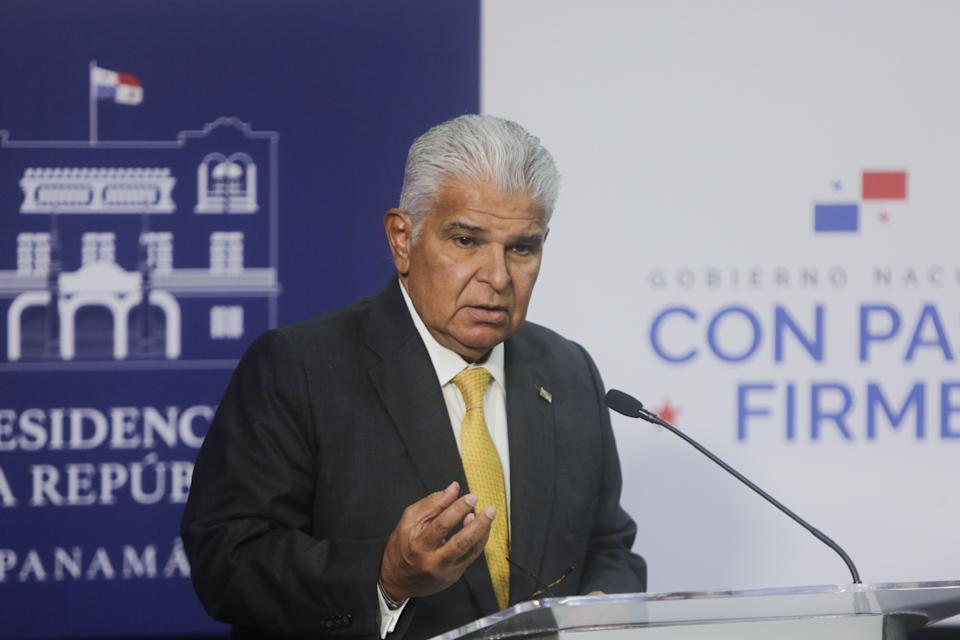
Panama’s President José Raúl Mulino stated on Tuesday that the Central American country is “regaining international trust” regarding lists that label it as a tax haven, and that it hopes to be removed from these lists in the near future.
“At the international level, we are regaining confidence. Panama is taking firm steps to get off the European Union’s list, thanks to the coordinated work of various institutions,” Mulino said during his first-year report speech before the deputies.
The Panamanian president emphasized that he has “increased” his “engagement” with the Organisation for Economic Co-operation and Development (OECD) “not only with the aim of leaving these lists but also to begin our path toward joining that important group of democratic states and prosperous economies.”
Since taking office on July 1, 2024, Mulino has stressed that he will work to have Panama removed from what he calls “discriminatory” lists that consider it a tax haven. He has even focused part of his official conversations during trips to Europe on this issue.
Currently, Panama has strengthened banking regulations following the 2016 Panama Papers scandal. However, it remains on some lists, such as that of the Netherlands, while it has been removed from others, including the Financial Action Task Force’s (FATF) grey list in 2023.
Additionally, the European Commission recommended in June that Panama be removed from its list of jurisdictions with a high risk of money laundering and terrorist financing. The European Parliament and member states still have a month (extendable to two) to review the proposal, and unless opposed, it will take effect after that period.
Central America
Castro to address FfD4 in Spain as Global Financial Reform takes center stage
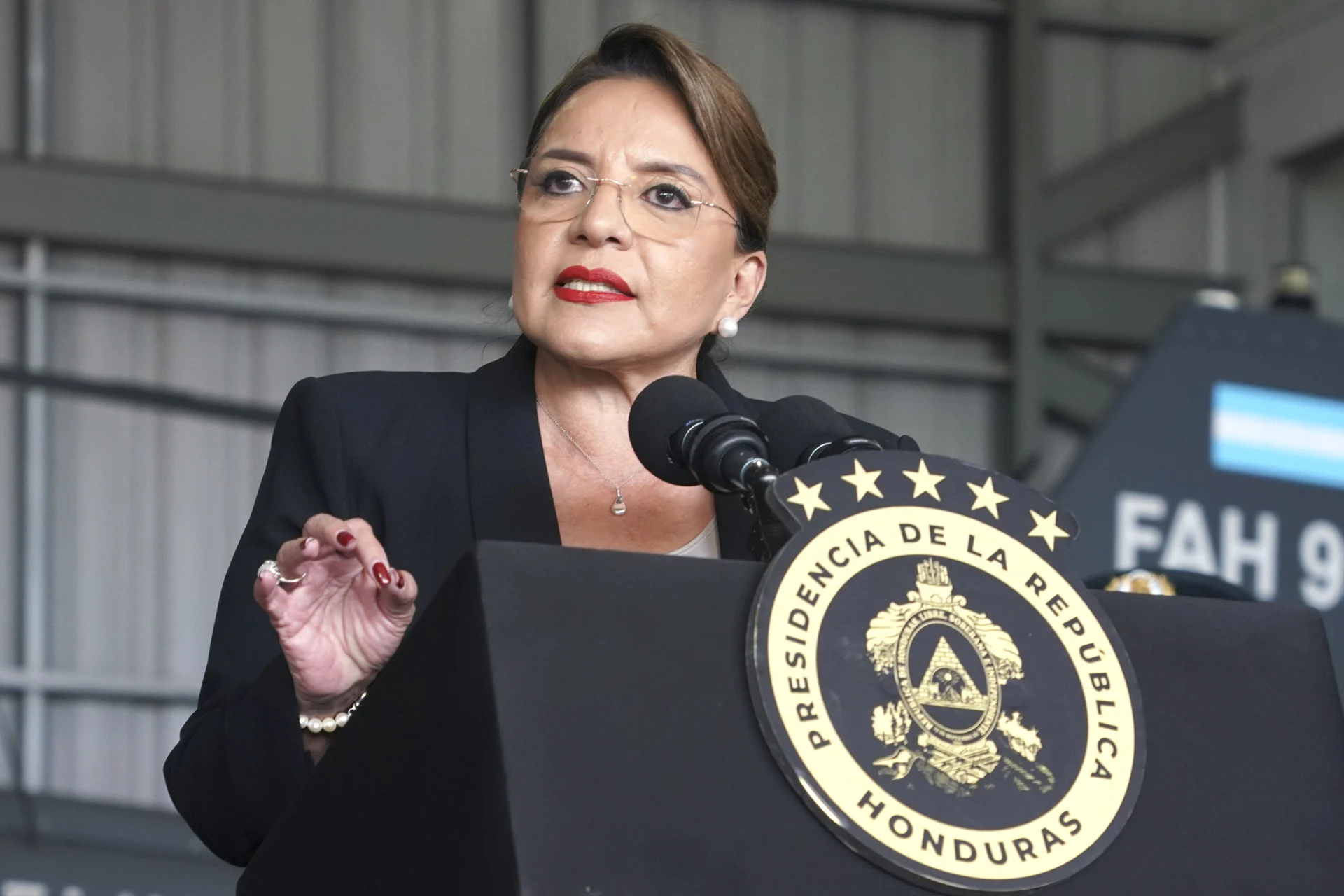
Honduran President Xiomara Castro will participate in the Fourth International Conference on Financing for Development (FfD4), to be held in Seville, Spain, from June 30 to July 3, Honduran Ambassador to Spain Marlon Brevé announced on Saturday.
The president is expected to arrive in Seville on Sunday and deliver her address on Monday, according to the diplomat.
Castro will be accompanied by Foreign Minister Javier Bu, her private secretary and son Héctor Zelaya, and Finance Minister Christian Duarte.
Spain is hosting the FfD4 conference at a critical time, as global development cooperation budgets face constraints while humanitarian needs continue to grow due to conflicts, political instability, and the climate crisis.
The conference will bring together world leaders, international organizations, private sector representatives, and civil society, aiming to review and reorient global development financing strategies.
Organized by the United Nations Department of Economic and Social Affairs (UNDESA) through its Office for Financing for Sustainable Development, this high-level forum has been held since 2002 to promote structural financial reforms.
Key goals of the FfD4 include mobilizing greater volumes of capital at lower costs and reforming the international financial architecture to support the 2030 Agenda for Sustainable Development and meet the urgent needs of developing nations.
Central America
Migrants stranded in Panama amid US Policy crackdown and Darién gap barriers
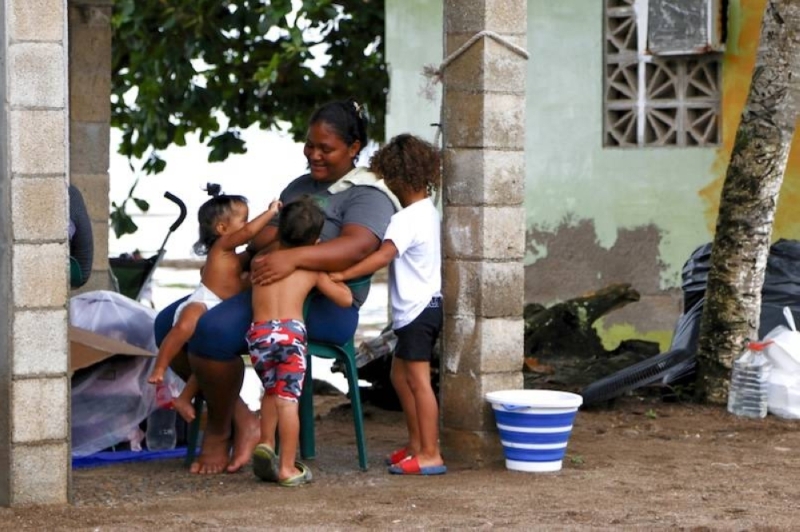
Migrants who once dreamed of reaching the United States are now forced to head back south after the arrival of President Donald Trump and stricter immigration policies. Many are stranded in Panama, caught between the Darién jungle barrier and the high costs of crossing the Caribbean Sea.
In Miramar, a small coastal town in Panama, dozens of migrants—mostly Venezuelans—wait for a chance to continue their journey to Colombia. Private boat rides to the border are out of reach for many, with fares reaching up to $260 per person.
“Here we’re stopped by the sea and the money. If it were a road, we’d already be in Colombia. But paying for three tickets for me and my children is impossible,” lamented Marielbis Eloina Campos, a 33-year-old Venezuelan traveling alone with her four young children after waiting a week in Miramar.
Campos left Brazil in 2023 and crossed the dangerous Darién jungle alone with her children, one carried on her back. The journey took six days, and she recalls one child nearly drowning while crossing a river. Despite the risks, she reached Mexico City, where she stayed over a year waiting for an asylum appointment via the CBP-One app. However, its cancellation under the Trump administration forced her to give up and return to Brazil.
“Mexico is torture for us migrants. I feared my children would be kidnapped,” said Campos, who pleaded for help to continue without being chased as if immigration authorities were “a mafia.”
Due to the high cost of private transport, Panama organized a humanitarian trip that transported 109 migrants from nine nationalities from Colón to the Colombian border aboard an official boat of the National Aeronaval Service (Senan). Another similar operation is expected soon.
Panama’s president, José Raúl Mulino, expressed concern about this reverse migration flow:
“I am worried that the number of people moving from north to south is increasing,” he said this month.
-

 International4 days ago
International4 days agoJulio César Chávez Jr. faces charges in Mexico after U.S. arrest
-

 International4 days ago
International4 days agoMexico’s president blasts ‘Inhumane’ U.S. migration law
-
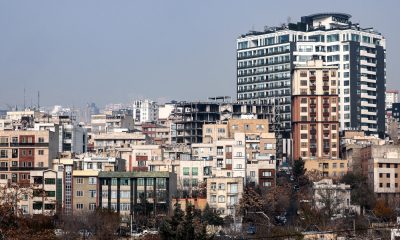
 International5 days ago
International5 days agoTehran airports resume operations as Iran lifts airspace closure
-
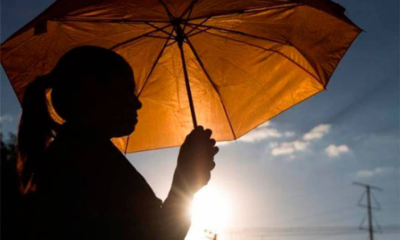
 International4 days ago
International4 days agoEurope faces a summer of heatwaves and wildfires, Red Cross warns
-

 International4 days ago
International4 days agoDenmark takes Trump’s Greenland threats seriously, rules out military annexation
-

 International5 days ago
International5 days agoMan attacks passengers with axe on german ICE Train
-
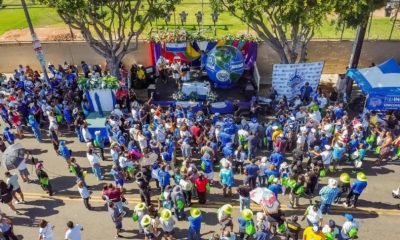
 International2 days ago
International2 days agoSalvadoran Day USA 2025 canceled amid fears of immigration raids
-
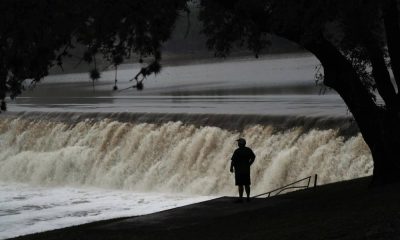
 International2 days ago
International2 days agoTexas Floods: Death toll rises to 68, dozens still missing
-
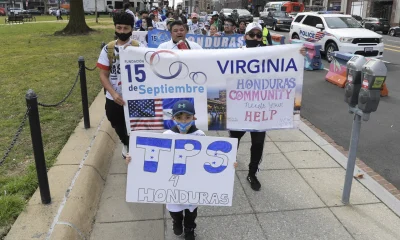
 International20 hours ago
International20 hours agoHonduras regrets U.S. decision to end TPS for 72,000 hondurans
-

 International19 hours ago
International19 hours agoIranian president says Israel tried to assassinate him, warns U.S. against war
-

 International19 hours ago
International19 hours agoGunman killed after shooting outside Texas Border Patrol Building
-
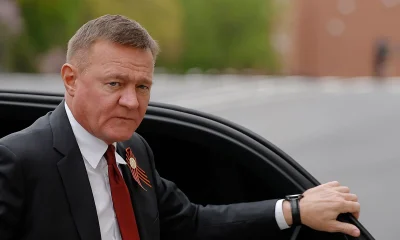
 International19 hours ago
International19 hours agoRussian ex-transport minister found dead after dismissal by Putin
-

 International19 hours ago
International19 hours agoBolsonaro thanks Trump for support amid Brazil coup trial
-

 International19 hours ago
International19 hours agoSheinbaum urges unity and respect after clashes over gentrification in Mexico City
-
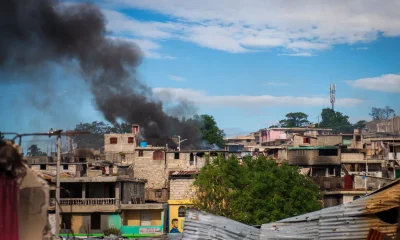
 International20 hours ago
International20 hours agoTrump ends TPS for haitians as gang violence surges in homeland
-
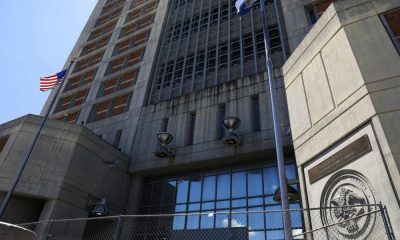
 International19 hours ago
International19 hours agoDOJ and FBI officially deny Jeffrey Epstein ‘client list’ conspiracy theories




















